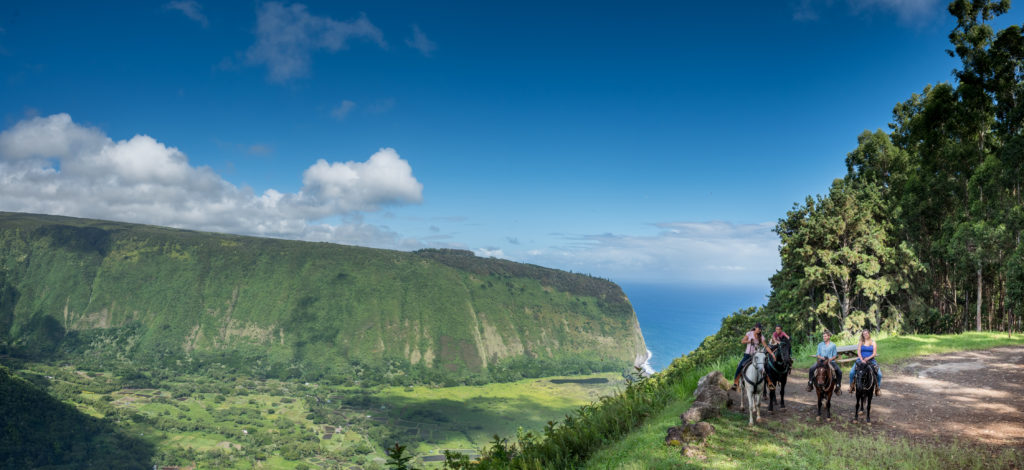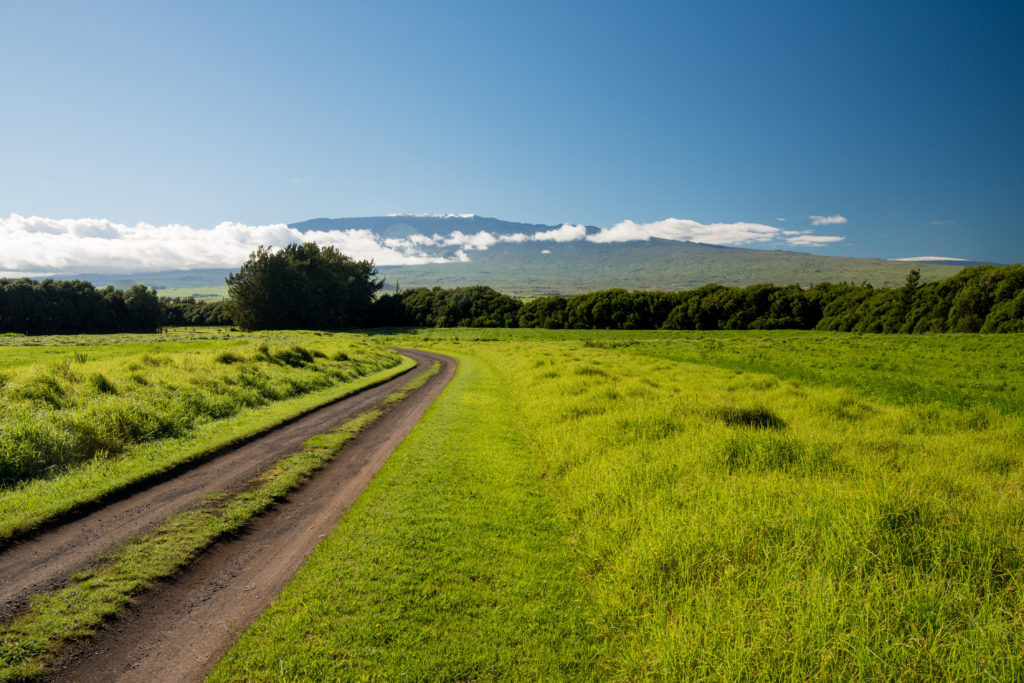There are pros and cons to living on the Big Island. I read an article in the New York Times this morning that prompted me to write a client who is considering moving here. The article concerned water shortages: http://A Quarter of Humanity Faces Looming Water Crises https://www.nytimes.com/interactive/2019/08/06/climate/world-water-stress.html?smid=nytcore-ios-share
Long, long ago, I practiced water law in Colorado. I remembered being appalled when I understood how reliant they were on non-tributary aquifers, which they planned to consume at the rate of 1% of the available water per year. There was never a plan for what they would do when the water ran out.
I then thought about the Big Island’s fresh water aquifers, which are replenished by plentiful rainfall, which, in turn, is filtered before it enters the aquifer by the lava it must seep through. In parts of the Island, the aquifers remain full, but many people move to Hawaii to enjoy the warm, dry weather. In those parts of the Island, the water supply is more precarious. There are limits of how much water can be transferred from the wet areas to the dry areas, so there are limits to how much the dry areas can be developed.
We also have some of the world’s most beautiful coastlines and beaches, wonderful weather, a huge variety of micro-climates, thriving local food producers-from meat to honey to goat cheese to wonderful strawberries and vegetables, etc.
But the best thing about the Big Island is the people! We are diverse, and we live on an island. We cannot share this island if we are not respectful of one another. People here smile at each other, help each other, and know how to get along with people they may not agree with. This is definitely not a place for racists, and especially not white nationalists!
I wish our State and County political leaders were far better at anticipating needs, protecting assets, and making sure that every resident is given a fair opportunity at a good life, but that may come with time. In the meantime, the wonderful, self-reliant people of the Big Island make life work despite their clumsy political representatives.
Many people just don’t belong here. For them, some of the CONS are that they feel isolated, their family and friends don’t visit often enough, they can’t get in their car and go on a road trip, travel to and from Hawaii is expensive and inconvenient, goods and services are quite limited, and everything here costs much more than it does on the mainland, if you can get it at all.
All of those objections are absolutely valid, and the Big Island will never be a good fit for folks who would prefer to live in a community with people who think, look, and act like they do, or who love to jump in the car to shop, go to a movie or on a road trip.
Getting anything (like an appliance, or even a car) fixed here is a major undertaking. Replacing broken appliances with anything but the most generic brands and models is time consuming and expensive. Even buying the right ingredients to make your favorite dishes can be almost impossible. Medical care is iffy. The basics are pretty well covered, but anything more than that will probably require a trip off-Island. The public schools try hard, but they are under-funded, under-staffed, and hampered by the same silly federal requirements as the public schools on the mainland. The private schools are expensive, isolating, and don’t have particularly high academic standards.
This probably isn’t the best place for people who want the very best education for their children, or who have complicated medical problems. Likewise, anyone who loves urban life would be miserable here. But if you’re reasonably healthy, are willing to extend the same respect to others that you would like to receive, and love being outdoors, active, and eating great, fresh food in a clean and beautiful environment, the Big Island may be for you! I’d be happy to share more information about the pros and cons of living on the Big Island-just get in touch!



